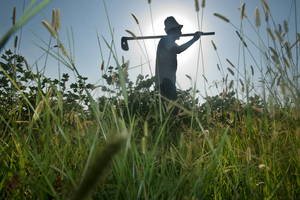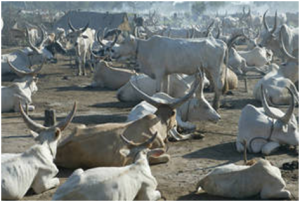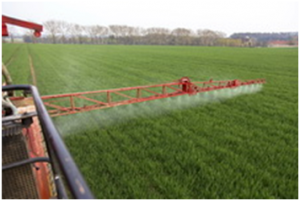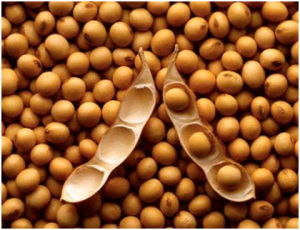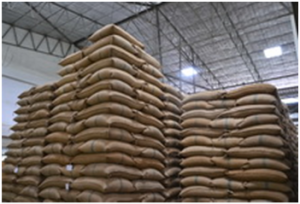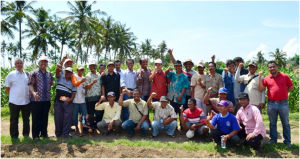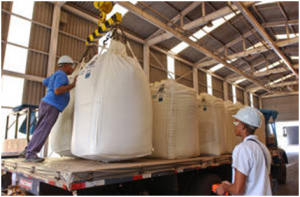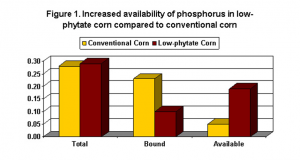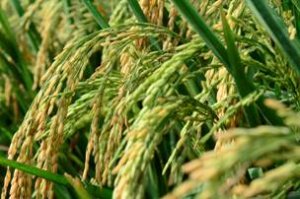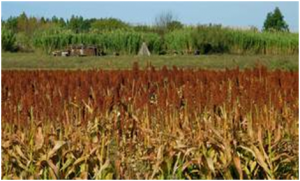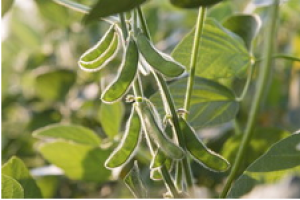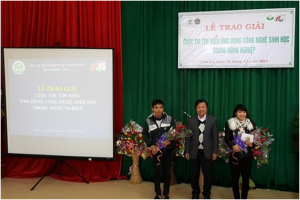|
Food Shortage, Reduced Crop Productivity, More Deaths in 2050 Due to Climate Change
Sunday, 2016/03/13 | 16:19:40
|
|
The study, led by Dr. Marco Springmann is the first of its kind to assess the impact of climate change on diet composition and bodyweight, and estimates the number of deaths these two factors will cause in 2050 in 155 countries.
It reveals that, unless action is taken to reduce global emissions, climate change could cut the projected improvement in food availability by about a third by 2050, and lead to average per-person reductions in food availability of 3.2% (99 kcal per day), in fruit and vegetable intake of 4.0% (14.9g per day), and red meat consumption of 0.7% (0.5g per day).
The countries that are likely to be worst affected are low-income and middle-income countries, mainly those in the Western Pacific region (264,000 additional deaths) and Southeast Asia (164,000), with almost three-quarters of all climate-related deaths expected to occur in China (248,000) and India (136,000).
The authors say that cutting emissions could have substantial health benefits, reducing the number of climate-related deaths by 29%-71% depending on the strength of the interventions.
For more details, read the news release from the University of Oxford. The full study, Global and regional health effects of future food production under climate change: a modelling study, is published in The Lancet. |
|
|
|
[ Other News ]___________________________________________________
|


 Curently online :
Curently online :
 Total visitors :
Total visitors :
.jpg) A new research conducted by University's Oxford Martin Future of Food Programme and published by The Lancet states that
A new research conducted by University's Oxford Martin Future of Food Programme and published by The Lancet states that 
